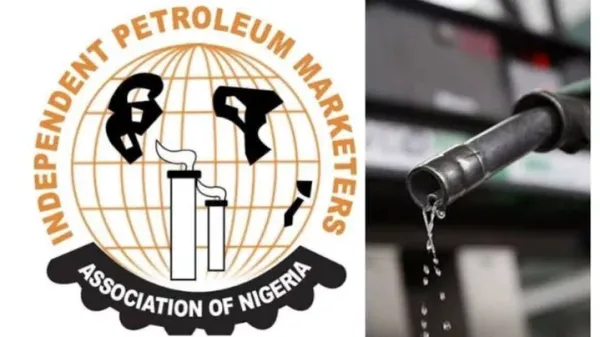The Nigerian National Petroleum Company Limited (NNPCL) and fuel marketers, represented by the Independent Petroleum Marketers Association of Nigeria, clashed once again on Tuesday over the removal of subsidy on petrol.
This disagreement occurred amid the depreciation of the Naira against the US Dollar in both the official Investors & Exporters Window and the parallel market.
The local currency closed at 998 Naira/dollar at the official market, while it traded at 1,225 Naira/dollar at the black market on Tuesday.
In response to the falling Naira rate, economists and oil marketers argued that the subsidy on Premium Motor Spirit (PMS) was increasing.
However, the NNPC countered these claims, stating that it was recovering its full cost on the importation of petrol.
Related News: Nigeria Faces Criticism from World Bank over Transparency in Oil Revenue Reporting
The Chief Executive Officer of Financial Derivatives Company, Bismarck Rewane, asserted during a television program that the fuel subsidy was not removed but reduced.
Oil marketers suggested that the subsidy on petrol was increasing due to the Naira’s depreciation and the cost of crude oil, proposing that PMS should sell for 1,200 Naira/litre in a free market.
The Chief Corporate Communications Officer of NNPCL, Olufemi Soneye, insisted that the Federal Government had stopped subsidy on petrol.
President Bola Tinubu had declared the removal of the subsidy during his inaugural speech on May 29, 2023, which was implemented the next day by NNPCL.
The pump price of petrol surged after this declaration.
The National Public Relations Officer of Independent Petroleum Marketers Association of Nigeria, Chief Ukadike Chinedu, claimed that subsidy on petrol was rising, suggesting that the cost of the commodity should be around 1,200 Naira/litre in a free market.
The Chief Executive Officer of the Centre for the Promotion of Private Enterprise, Dr. Muda Yusuf, acknowledged partial subsidy on petrol, attributing it to economic, social, and political reasons.
He emphasized the need for the government to balance economic gains with social considerations, suggesting that removing the subsidy entirely might worsen economic hardship.
The World Bank had stated in December that the subsidy on petrol was still being implemented by the Federal Government, insisting that the cost of PMS should not be less than 750 Naira/litre if there was no subsidy.
Amidst the disagreement on fuel subsidy, the Naira closed at 988.46 Naira/dollar on the first day of official trading on the Investors and Exporters Window, reflecting an 8.97% decline.
The Naira experienced one of its worst years in 2023, losing about 55% of its value. The World Bank recommended increased FX supply and monetary policy tightening to stabilize the Naira.
Additionally, the NNPCL reported 112 cases of crude oil theft in the Niger Delta within one week, along with the discovery of illegal refineries and storage sites.
The company affirmed its commitment to combating crude oil theft, a menace causing significant financial losses to Nigeria.
You can also read: Minister Refutes Connection to N37bn Laundering, Urges Comprehensive Probe


